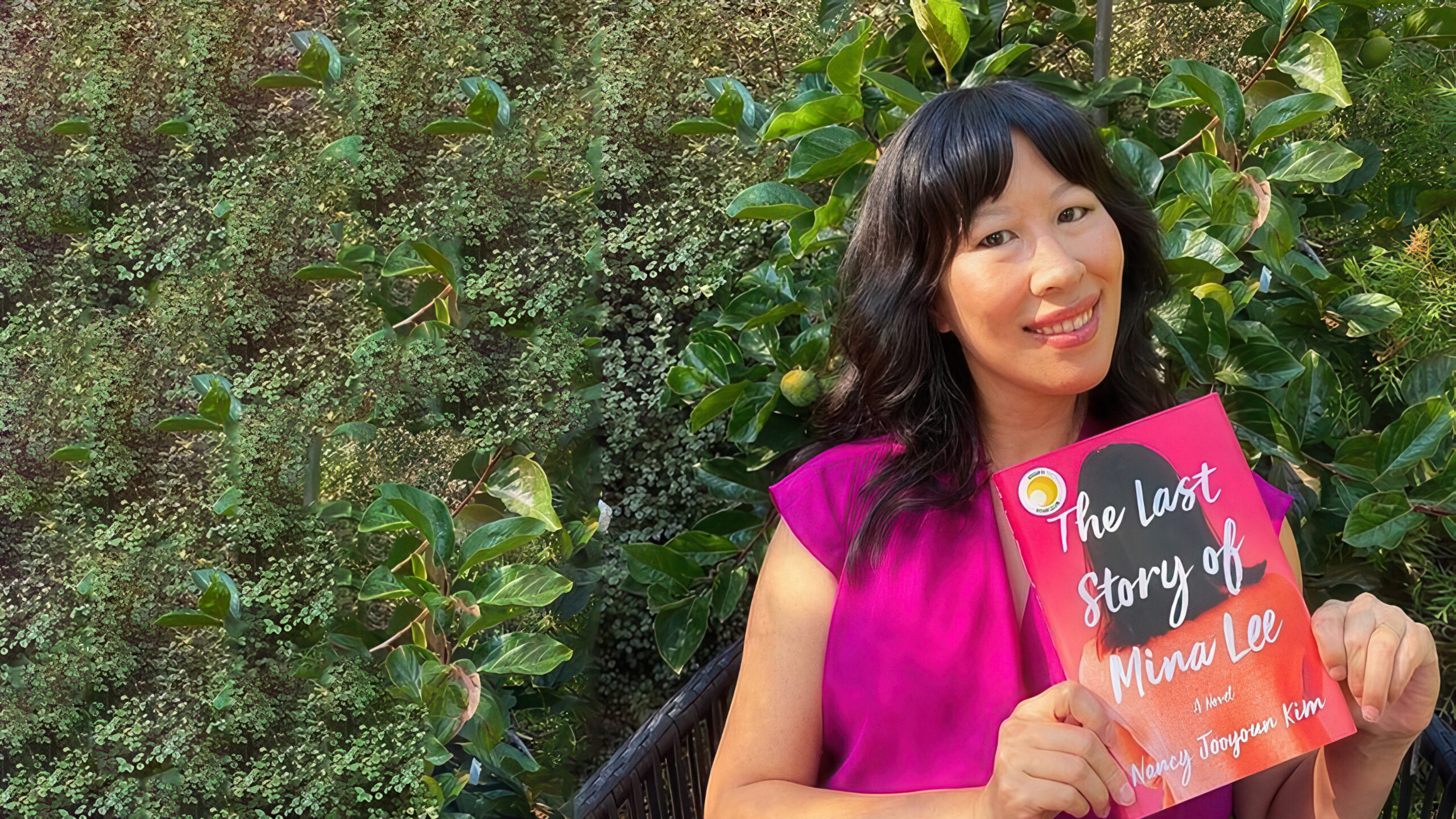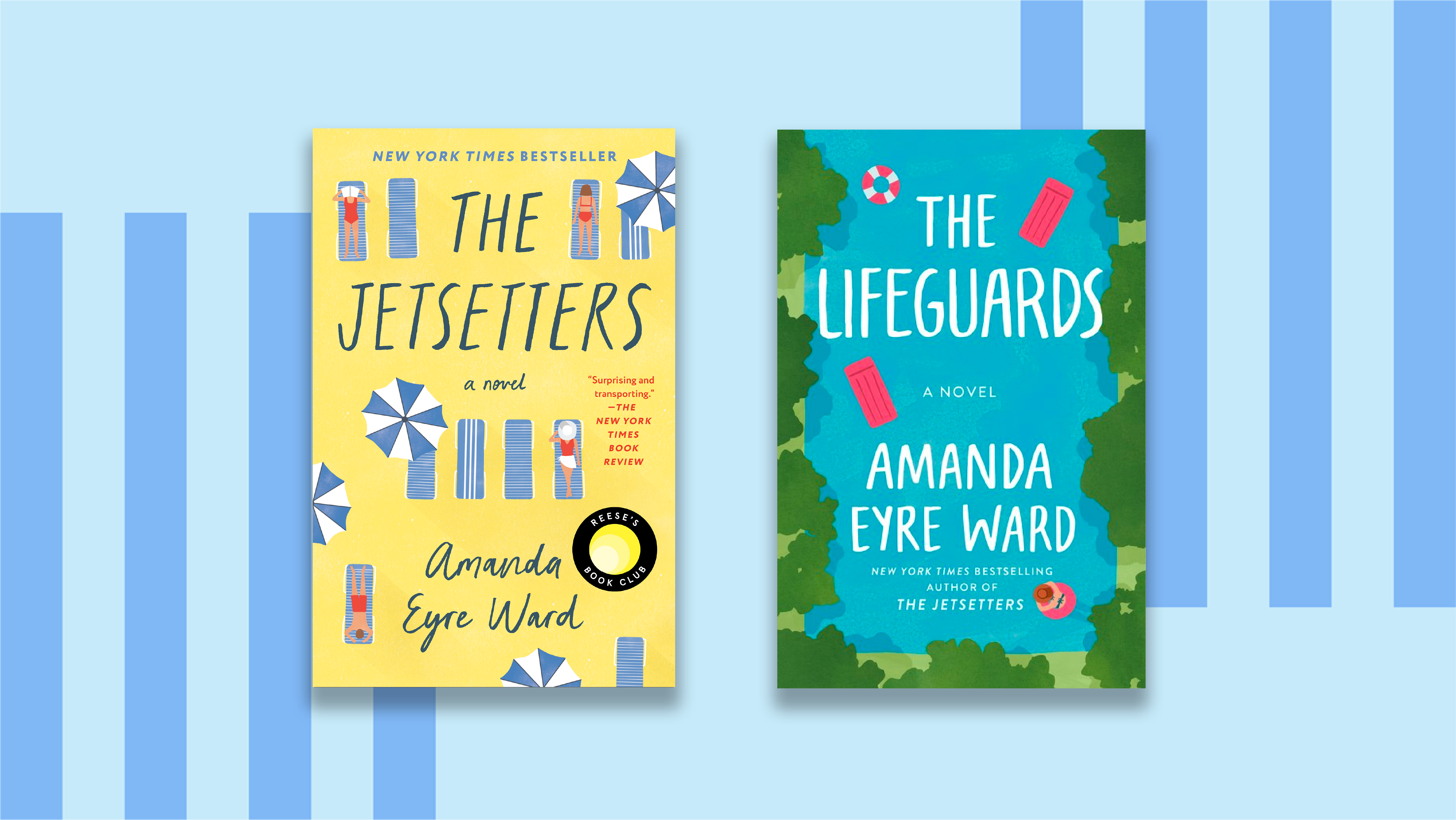These five books center the lives of Asian and Asian American women who break the rules, diving into and through the toughness of history and the legacies of colonialism and war while following joy, tenderness, and desire. Each of these works of fiction, including the ones that appear, at first glance, soft and gentle, are their own kind of revolution, and might even inspire yours.
Seventeen Syllables and Other Stories
by Hisaye Yamamoto
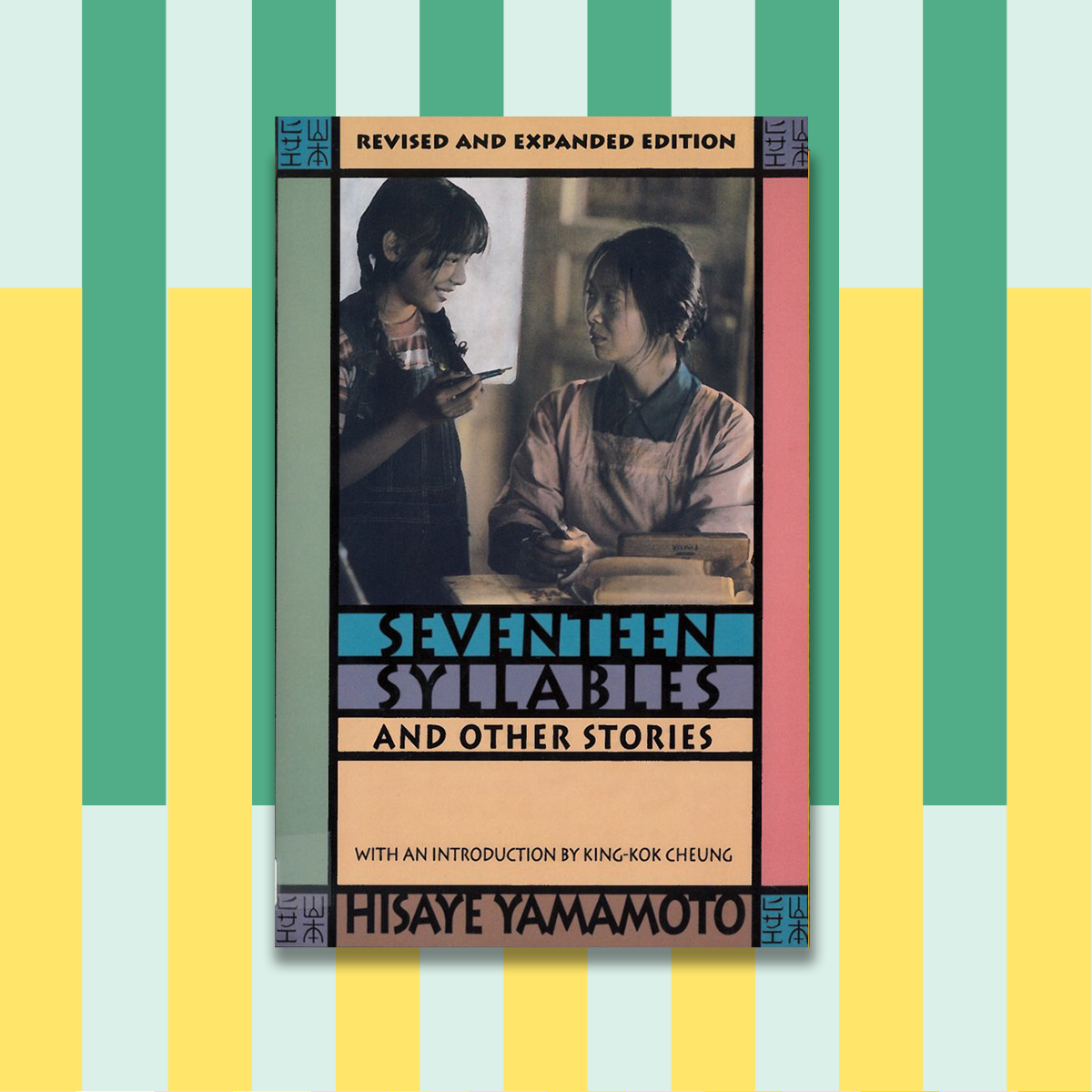
I first read Seventeen Syllables and Other Stories for a college course at a time when I couldn’t imagine a life for my own writing outside of myself. A rare and intense earnestness runs like a fault beneath the everyday surfaces of these remarkable short stories written over 40 years—exploring intergenerational conflict, racism, and the many forms of exile experienced by immigrant women and their children. Reading Yamamoto, who like her characters lived a mostly quiet life, created a path for how I could be in this world, artfully illustrating how much my characters’ lives (and my own) mattered enough to be shared and heard.
Marriage of a Thousand Lies
by SJ Sindu
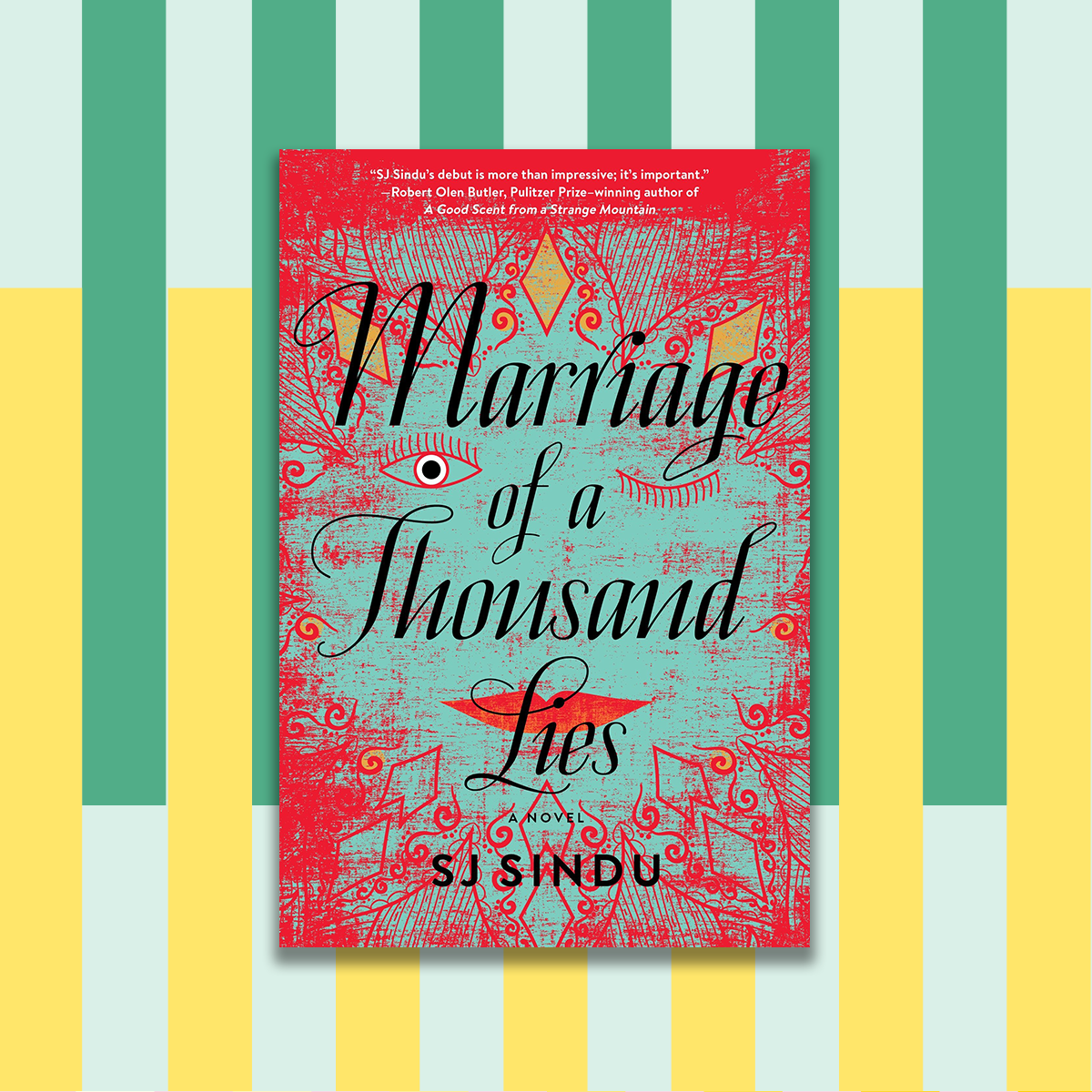
Lucky, a Sri Lankan American woman who creates digital art on commission, is living in the closet of an arranged marriage with her husband, Krishna, who is also gay. She returns to her childhood home in Boston where she reconnects with her first lover, Nisha, who prepares for a marriage to a man she’s never met. With its electric prose and breathtakingly precise observations on all kinds of families from South Asian American to lesbian rugby teams, this sexy and cerebral novel shimmers as it expands our understanding of the constraints of tradition on the individual and the truth of desire.
America Is Not the Heart
by Elaine Castillo

Punchy and multilingual, blending English, Tagalog, Ilocano, and Pangasinan, this novel effortlessly expresses so much tenderness, ache, and wisdom as it traces the lives of three generations of women who invent and reinvent themselves despite the heaviness of history—long past and recent, both in the Philippines and the United States. The unglamorous sprawl of this book from the “famed shit smell of Milpitas” to the rich details of packages of ramen broken and eaten like chips, felt a bit like home for me, born and raised in working-class Los Angeles. I read this book in awe of the author’s uncanny ability to transform the often mundane and brutal details of immigrant life into the kind of epic our families, and the heroines at their hearts, need and deserve.
If You Leave Me
by Crystal Hana Kim
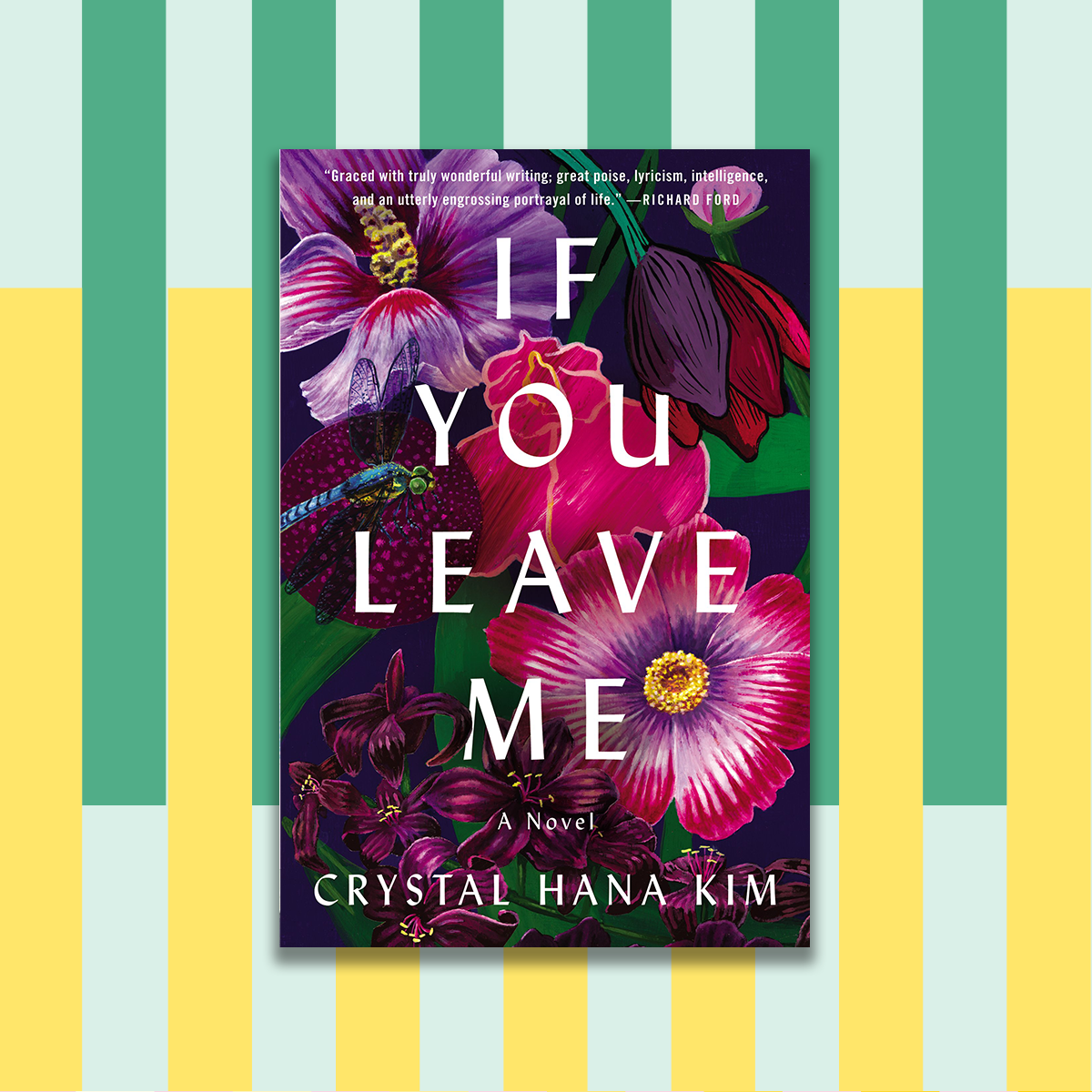
Haemi is a teenage refugee forced to flee her home with her widowed mother and brother during the Korean War. She escapes from the pain and trauma of displacement through secret outings with her handsome and flirtatious childhood friend Kyunghwan. Kim’s gorgeous debut illustrates and honors the lives of victims of war through this sensual and intimate depiction of the necessity of rebellion and the endurance of love. For many of us, whose parents as children had been displaced during the war, this novel can help fill some of the painful silences that exist within our families. It’s a stunning song of a book by an author whom I admire for both her artistry and generosity on and off the pages.
The Best We Could Do
by Thi Bui
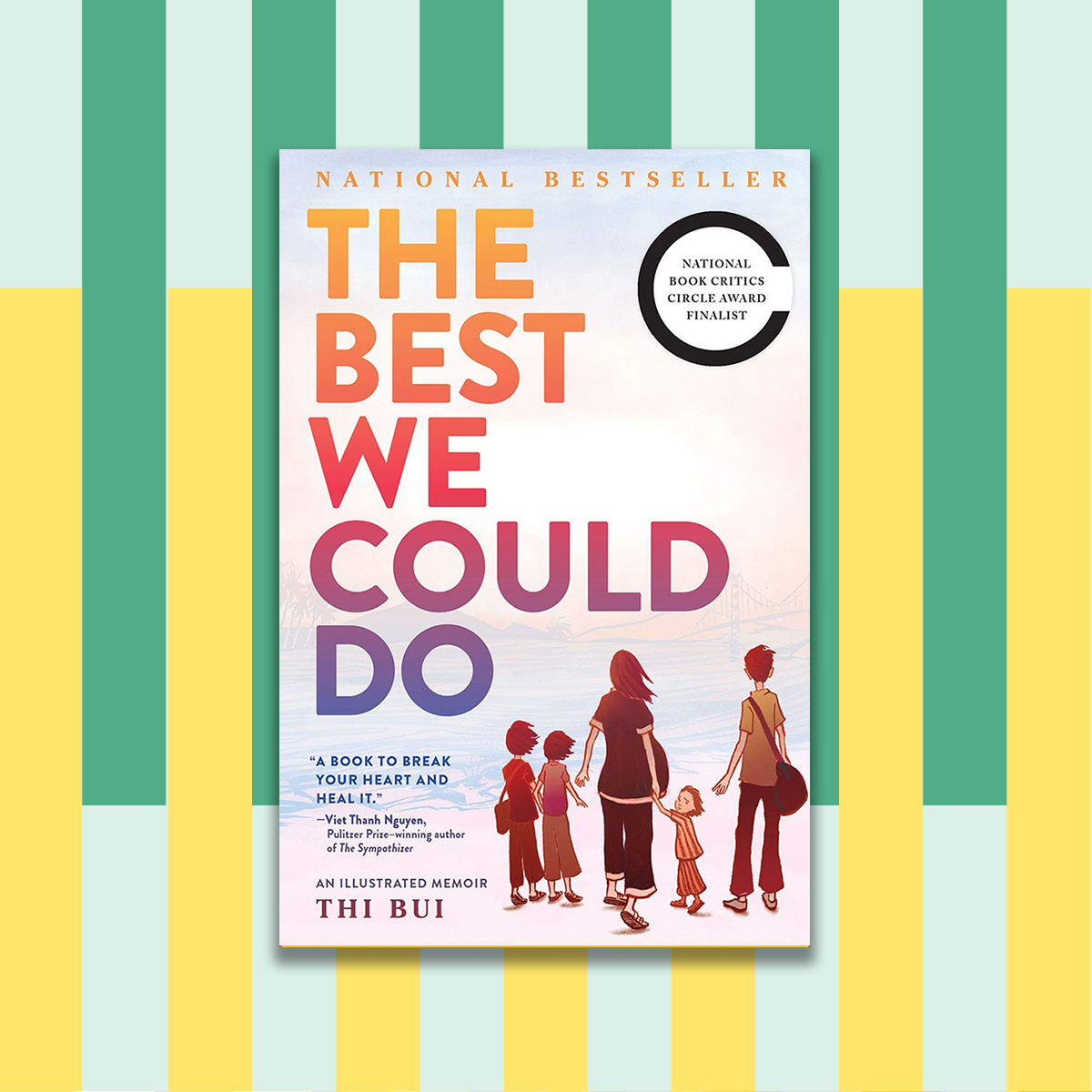
This extraordinary graphic memoir begins with a birth in a New York City hospital. But it is an essential examination of the painful legacies of war, trauma, and displacement across the world on the most intimate aspects of our lives. Despite the heaviness of its themes and topics, I couldn’t put this book down. Bui paints an elegant, page-turning portrait that generously rewards us with a vision of how we, along with future generations, might have the courage and capacity to break through cycles of harm. Perhaps by understanding the past, we might honor ourselves and our families, and move forward, one honest panel at a time. This book is a treasure, like an experience of home, that I’ll return to and hold onto throughout my life.

